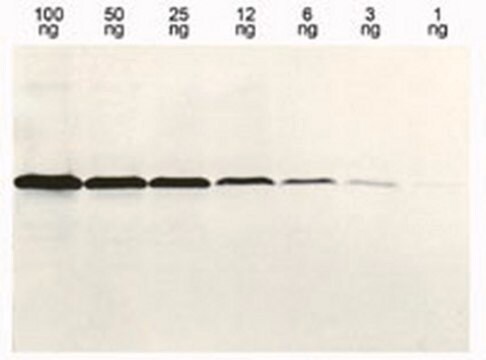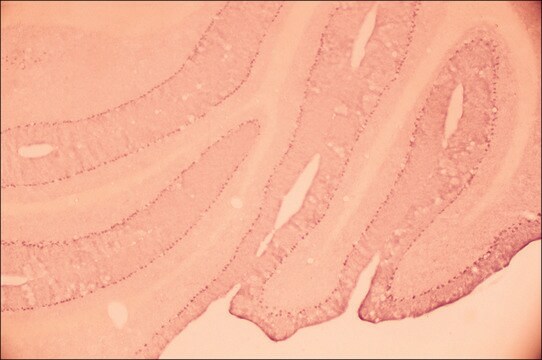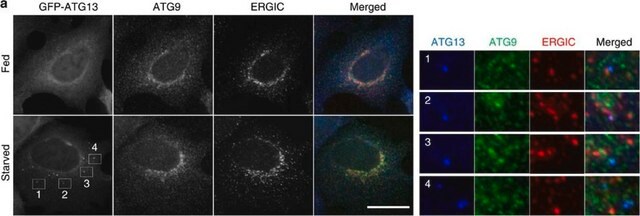MAC112
Anti-S•Tag fusion protein Antibody
clone 26A4.1.2, from mouse
About This Item
Prodotti consigliati
Origine biologica
mouse
Livello qualitativo
Forma dell’anticorpo
purified immunoglobulin
Tipo di anticorpo
primary antibodies
Clone
26A4.1.2, monoclonal
Reattività contro le specie (prevista in base all’omologia)
all
tecniche
immunocytochemistry: suitable
immunoprecipitation (IP): suitable
western blot: suitable
Isotipo
IgG1κ
Condizioni di spedizione
wet ice
modifica post-traduzionali bersaglio
unmodified
Descrizione generale
Immunogeno
Applicazioni
Immunoprecipitation Analysis: A representative lot immunoprecipitate S•Tag fusion proteins in IP.
Epitope Tags & General Use
Epitope Tags
Qualità
Western Blot Analysis: 0.05 µg/mL of this antibody detected S•Tag fusion proteins in 5 µL of Posi-Tag Epitope Tag Control.
Descrizione del bersaglio
Stato fisico
Stoccaggio e stabilità
Risultati analitici
Posi-Tag Epitope Tag Control
Altre note
Esclusione di responsabilità
Non trovi il prodotto giusto?
Prova il nostro Motore di ricerca dei prodotti.
Codice della classe di stoccaggio
12 - Non Combustible Liquids
Classe di pericolosità dell'acqua (WGK)
WGK 1
Punto d’infiammabilità (°F)
Not applicable
Punto d’infiammabilità (°C)
Not applicable
Certificati d'analisi (COA)
Cerca il Certificati d'analisi (COA) digitando il numero di lotto/batch corrispondente. I numeri di lotto o di batch sono stampati sull'etichetta dei prodotti dopo la parola ‘Lotto’ o ‘Batch’.
Possiedi già questo prodotto?
I documenti relativi ai prodotti acquistati recentemente sono disponibili nell’Archivio dei documenti.
Il team dei nostri ricercatori vanta grande esperienza in tutte le aree della ricerca quali Life Science, scienza dei materiali, sintesi chimica, cromatografia, discipline analitiche, ecc..
Contatta l'Assistenza Tecnica.
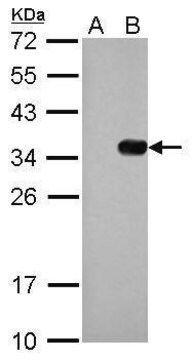
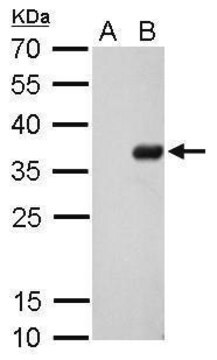
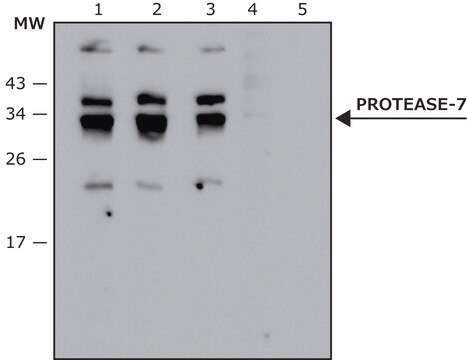
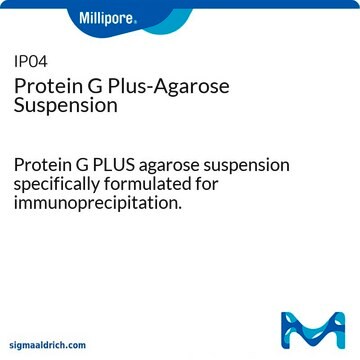
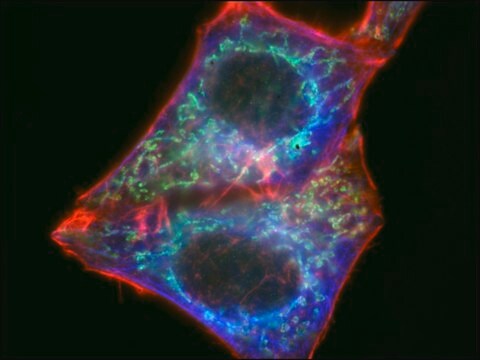
![Western Blocking Reagent, Solution solution, sufficient for 10 blots (11921673001 [100 cm2]), sufficient for 60 blots (11921681001 [100 cm2])](/deepweb/assets/sigmaaldrich/product/images/352/091/ef743cea-ccd8-44f1-8f3b-dec5a1e4f5d1/640/ef743cea-ccd8-44f1-8f3b-dec5a1e4f5d1.jpg)
